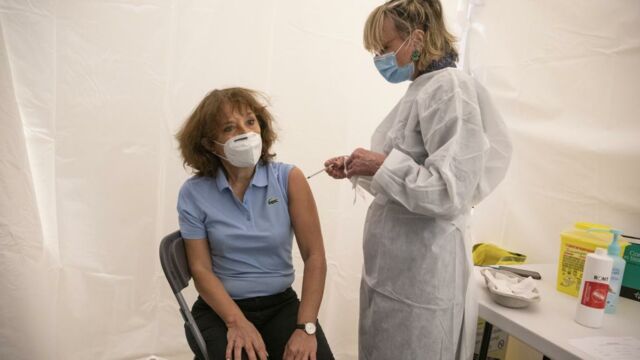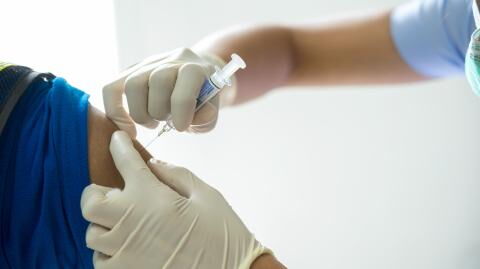Now that vaccination campaigns are well under way in most European countries and the UK, there is word that a third injection of messenger RNA vaccines (Pfizer, Moderna) could now be necessary for 'severely immunocompromised' people.
Discover our latest podcast
Who are the people in need of a third dose?
The DGS report estimates that this third injection should be administered four weeks after the second dose of the vaccine, or as soon as possible if this deadline has been exceeded.
This would therefore affect people with organ or bone marrow transplants, people on dialysis or on immunosuppressive treatment, but also people on anti-metabolic treatment.
However, other people may also require by the third injection. For non-dialysis renal failure or cancer patients, it will be necessary to await further recommendations from their national health authorities.
What is the purpose of a third injection?
This third dose of Pfizer and Moderna vaccines could support to the failing immune systems of immunocompromised people. Only 37.5% of people with liver transplants achieved a positive antibody response after 2 doses of the Pfizer vaccine.
These figures drop down to 35% for heart transplant recipients, and down to 20% for kidney transplant recipients. According to CNews, other studies have shown weak antibody responses in people on immunosuppressive treatment and in people on dialysis.
This third injection could be followed by people close to people with these pathologies by rapid vaccination, to avoid any risk.















